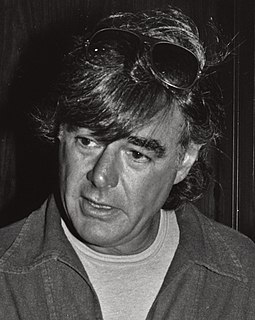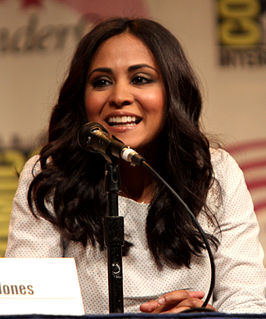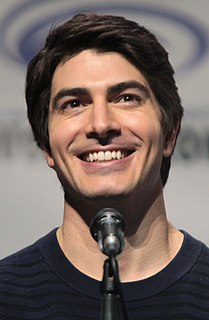A Quote by Richard Donner
It was 1978 when Superman came out, and I kept thinking, Why don't they do something about it? They've done all these crappy attempts at comic book film adaptations. What can we do different? Why don't we just re-release this thing?
Related Quotes
If I just got up in the morning and had no place to go and was retired or something, I would be sitting there and be thinking, "Gee, what is the purpose of life? Why are we all finite? Why do we get old and die? Is there nothing out there? Why is it so tragic? Why do our loved ones perish? Why do we generate?" Who wants to think about that stuff?
Any story that gets us thinking, and particularly young people, thinking why? Whether it's as a result of reading the book, or coming out of the theatre or the cinema, I think we should just simply be asking the question 'why'? Why did it happen to those people? Was it necessary? And anything that gets us thinking like that is really important.
Well I'm Superman, just not action. I'm kind of looking for something with a lot less action and more talking and listening. I also have a film that's premiering Vegas Film Festival, short film, directed by Joel Kelly, it's called Denial and it's a story, short film, 35 mm short film and it's about a man's struggle to choose between the woman of his dreams and his reality, so it's definitely different than Superman. So I'm really proud of that.
It's far easier to write why something is terrible than why it's good. If you're reviewing a film and you decide "This is a movie I don't like," basically you can take every element of the film and find the obvious flaw, or argue that it seems ridiculous, or like a parody of itself, or that it's not as good as something similar that was done in a previous film. What's hard to do is describe why you like something. Because ultimately, the reason things move people is very amorphous. You can be cerebral about things you hate, but most of the things you like tend to be very emotive.





































